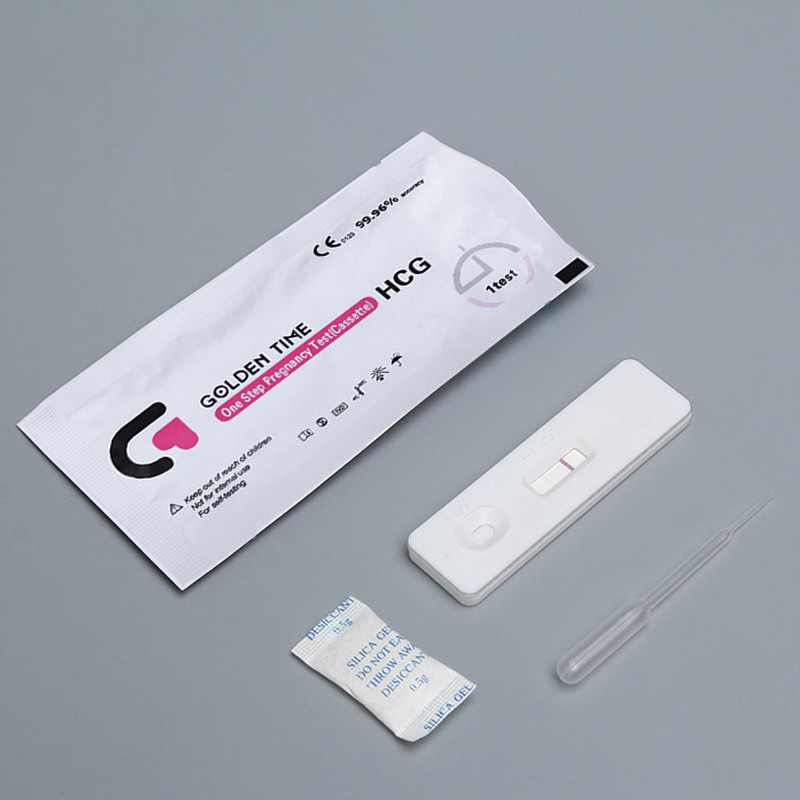Oct . 08, 2024 14:04 Back to list
Home Testing Kits for Syphilis Available from Leading Manufacturers
Understanding the Role of Home Syphilis Test Kits A Look at Manufacturers and Market Trends
In recent years, the landscape of sexually transmitted infection (STI) testing has transformed significantly, paving the way for innovative and convenient solutions. Among these advancements are home syphilis test kits, which allow individuals to test for this often overlooked but serious infection in the comfort of their own homes. The rise of these testing kits has ignited interest among manufacturers, healthcare providers, and consumers alike.
Understanding the Role of Home Syphilis Test Kits A Look at Manufacturers and Market Trends
The market for home syphilis test kits has expanded as manufacturers seek to meet the growing demand. Key players in this space include established medical companies as well as newer startups that focus on home diagnostics. These manufacturers employ advanced technology to create user-friendly kits that yield accurate results. Typically, the process involves collecting a sample—often a finger prick of blood—which is then tested for the presence of syphilis antibodies. Results are usually available within 15 to 30 minutes, allowing individuals to take swift action if they test positive.
buy home test for syphilis manufacturers

One notable aspect of these kits is their accessibility. Many manufacturers offer them online, making it easy for consumers to purchase the tests discreetly. This ease of access is vital in combating the stigma surrounding STIs. By normalizing the process of testing, manufacturers not only cater to a burgeoning market but also contribute significantly to public health efforts.
However, as with all products in the medical field, quality and reliability are paramount. Consumers must choose kits from reputable manufacturers that comply with regulatory standards. The accuracy of test results can vary based on the manufacturer's protocols, so users should conduct thorough research before purchasing a kit. Additionally, it is important to follow up with a healthcare provider if a positive result is obtained to confirm the diagnosis and discuss treatment options.
The future of home syphilis testing looks promising as technology continues to evolve. Innovations in telemedicine and digital health are likely to enhance the way individuals engage with their sexual health. Manufacturers who invest in research and development will play a crucial role in shaping this landscape.
In conclusion, home syphilis test kits represent a significant advancement in the way we approach sexual health and STI testing. As manufacturers rise to the occasion, they not only meet consumer demand but also help break down barriers to testing and treatment. By empowering individuals to take charge of their health, these kits play a vital role in curbing the spread of syphilis and fostering a more informed public.
-
Dengue NS1 Rapid Diagnostic Test Kit
NewsMar.07,2025
-
Dengue NS1 Rapid Diagnostic Test Kit
NewsMar.07,2025
-
Dengue NS1 Rapid Diagnostic Test Kit
NewsMar.07,2025
-
Transferrin Rapid Test Cassette Tumor Marker TF Card
NewsMar.07,2025
-
Malaria Pf Pan Rapid Diagnostic Test Kit
NewsMar.07,2025
-
malaria pf / pan ag rapid test
NewsMar.07,2025

